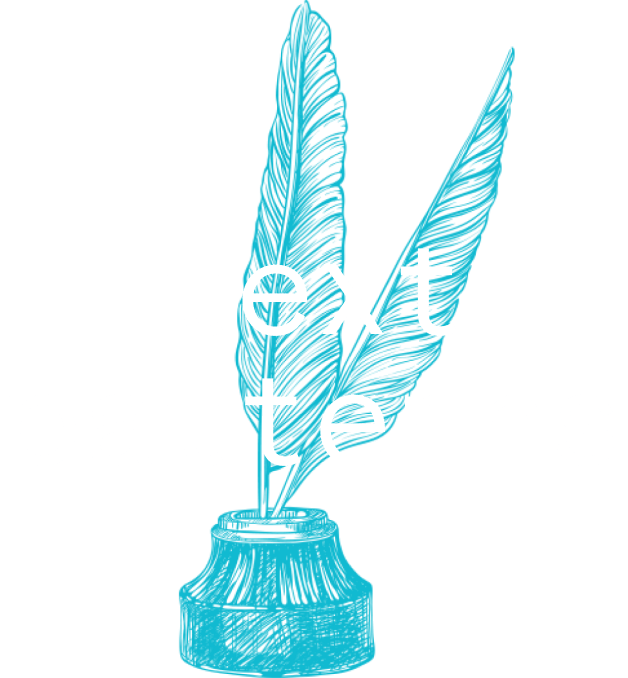September 4, 2015
an imaginary student replies to Freddie deBoer
Freddie deBoer imagines a kind of universal trigger warning, perhaps to be issued to students on their arrival at college: You’re going to be exposed to stuff you don’t like at college. We will try to give you a heads up about the stuff that might upset you, but what is considered potentially offensive is an inherently political,...

